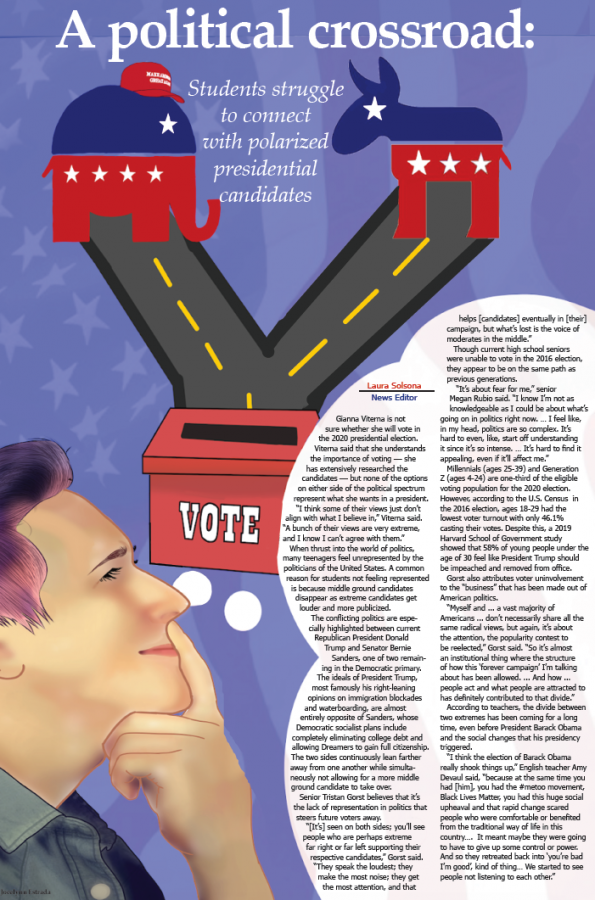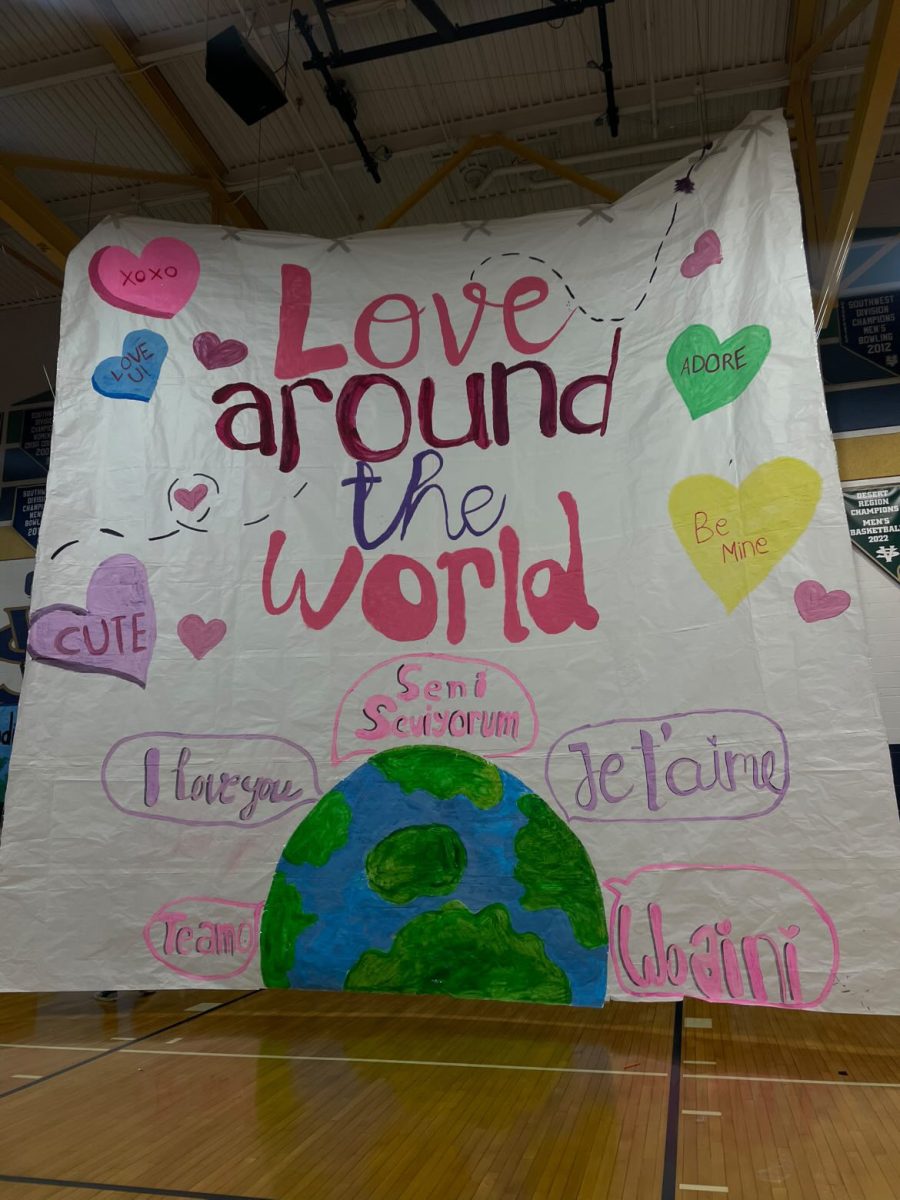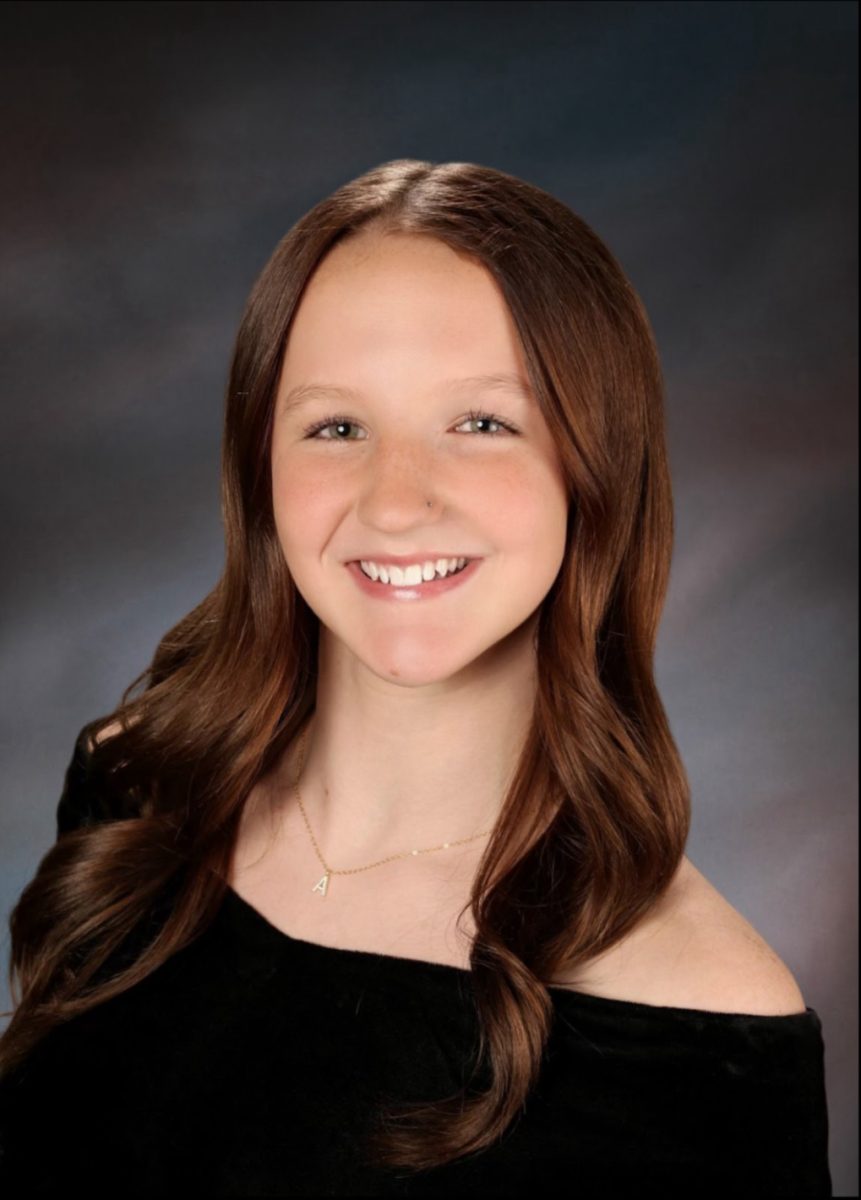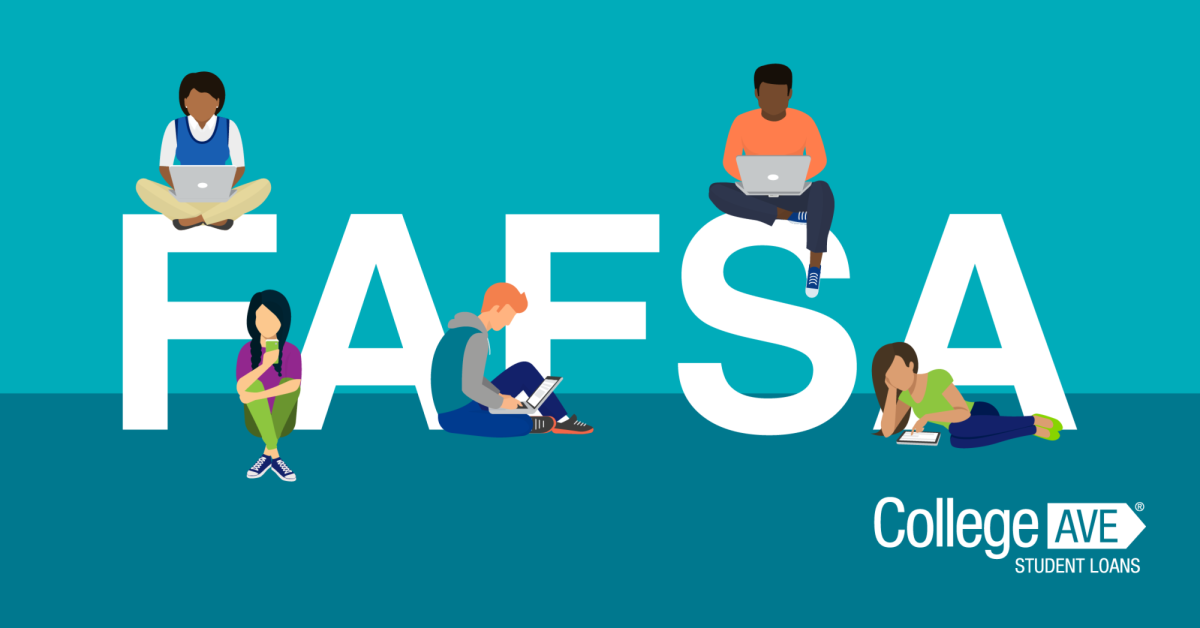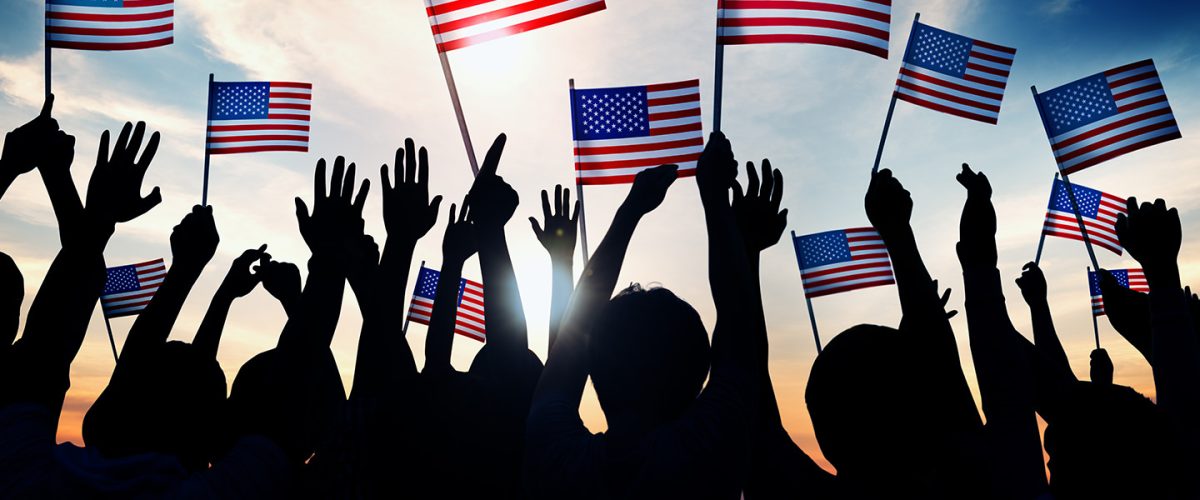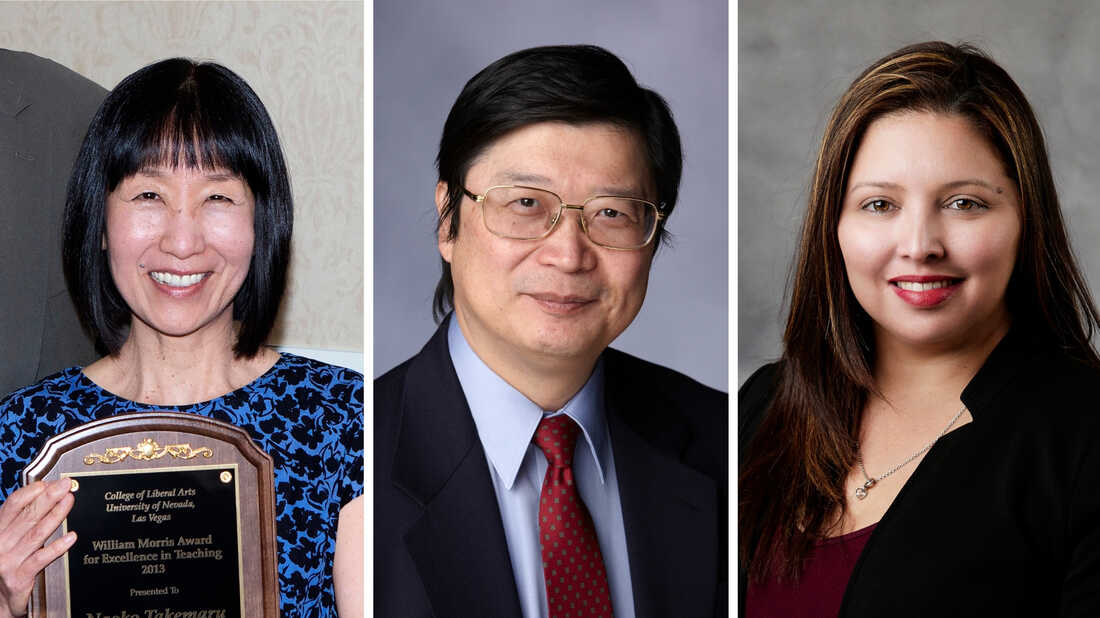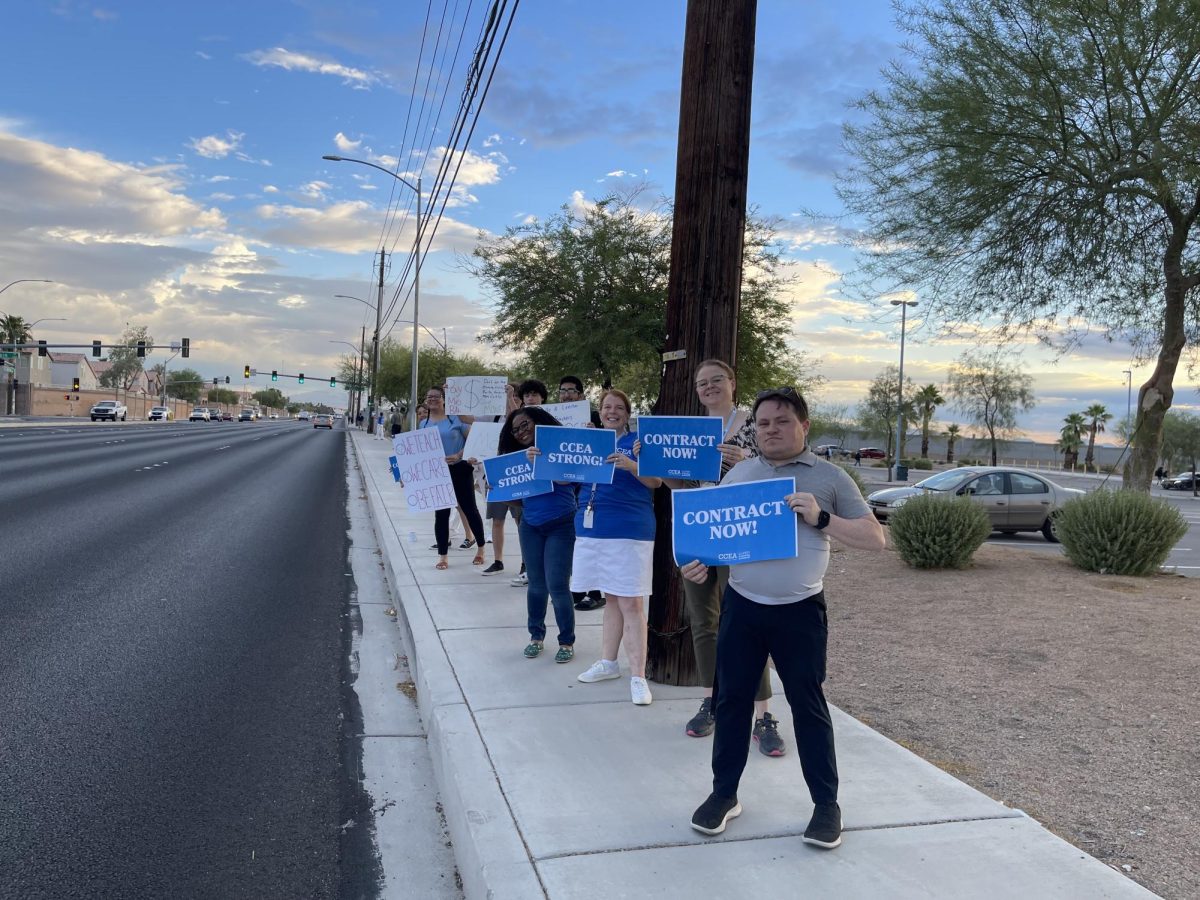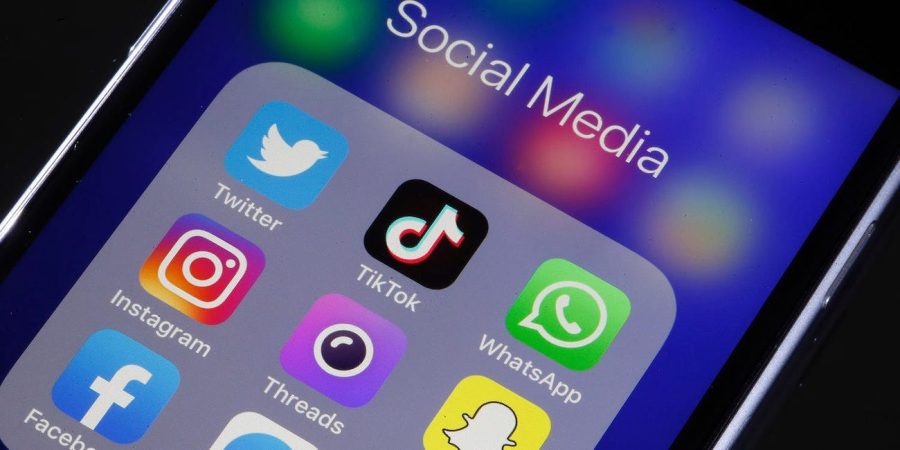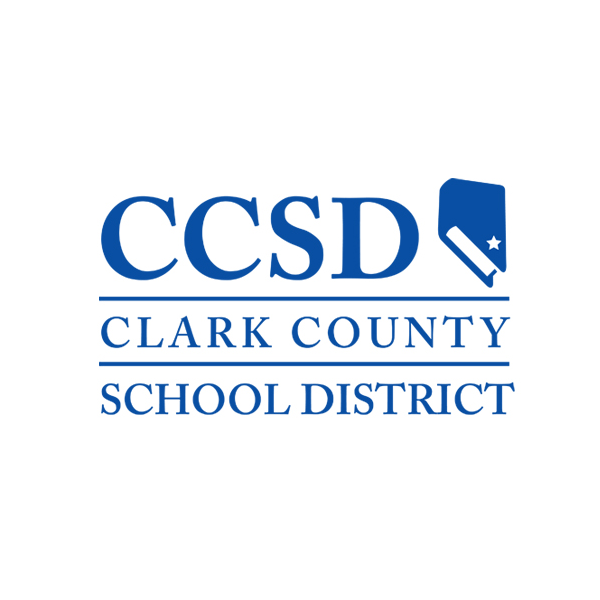Gianna Viterna is not sure whether she will vote in the 2020 presidential election. Viterna said she understands the importance of voting. She has extensively researched the candidates. But despite this, none of the options on either side of the political spectrum represent what she wants in a president.
“I think some of their views just don’t align with what I believe in,” Viterna said. “A bunch of their views are very extreme and I know I can’t agree with them.”
When thrust into the world of politics, many teenagers feel unrepresented by the politicians of the United States. A common reason is students not feeling represented because middle ground candidates disappear as extreme candidates get louder and more media attention.
The conflicting politics are especially highlighted between current Republican President, Donald Trump, and Senator Bernie Sanders, the most popular Democratic presidential hopeful. The ideals of President Trump, most famously his right-leaning opinions on immigration blockades and waterboarding, are almost entirely opposite of Sanders, who’s Democratic socialist plans include completely eliminating college debt and allowing Dreamers to gain full citizenship. The two sides continuously lean farther away from one another while simultaneously not allowing for a more middle ground candidate to take over.
Senior Tristan Gorst believes that the lack of representation in politics that steers away future voters.
“[It’s] seen on both sides; you’ll see people who are perhaps extreme far right or far left supporting their respective candidates,” Gorst said. “They speak the loudest, they make the most noise, they get the most attention, and that helps [candidates] eventually in [their] campaign, but what’s lost is the voice of moderates in the middle.”
Though current high school seniors were unable to vote in the 2016 election, they appear to be on the same path as previous generations.
“It’s about fear for me,” Senior Megan Rubio said. “I know I’m not as knowledgeable as I could be about what’s going on in politics right now… I feel like in my head, politics are so complex, it’s hard to even, like start off understanding it since it’s so intense… it’s hard to find it appealing even if it’ll affect me.”
Millennials (ages 25-39) and Generation Z (ages 4-24) are one third of the eligible voting population for the 2020 election. However, according to the U.S. Census in the 2016 election, ages 18-29 had the lowest voter turnout with only 46.1% casting their votes. Despite this, a 2019 Harvard School of Government study showed that 58% of young people under the age of 30 feel like President Trump should be impeached and removed for office.
Gorst also attributes voter uninvolvement to the “business” that has been made out of American politics.
“Myself and … a vast majority of Americans … don’t necessarily share all the same radical views, but again, it’s about the attention, the popularity contest to be reelected,” Gorst said. “And so it’s almost an institutional thing where the structure of how this ‘forever campaign’ I’m talking about has been allowed … And how … people act and what people are attracted to has definitely contributed to that divide.
According to teachers, the divide between two extremes has been coming for a long time, even before President Barack Obama and the social changes that his presidency triggered.
“I think the election of Barack Obama really shook things up,” English teacher Amy Devaul said, “because at the same time you had [him], you had the #metoo movement, Black Lives Matter, you had this huge social upheaval and that rapid change scared people who were comfortable or benefited from the traditional way of life in this country…. It meant maybe they were going to have to give up some control or power. And so they retreated back into ‘you’re bad I’m good’, kind of thing… We started to see people not listening to each other.”
Millennials and Generation Z are widely known for their left leaning ideals and sometimes intense forms of expressing them.
“I lean towards being more liberal….not only because I’m young and people tend to be more progressive than older people, but I’m also a minority as a person of color, Asian, as a gay person,” Senior Waylan Gaspar said. “Democratic seems to be more of like the middle road as opposed to something like libertarian, which is like completely on the left end of the spectrum.”
Although Gaspar has been able to see himself in the growing polarized political community, many say they are left without a party that represents them. Many teenagers don’t feel strongly enough about the two opposing sides to pick, so they are left in the middle feeling anxious at the idea of having to pick between candidates they don’t agree with.
Rubio suggests that the loudest voices leave a lot to be desired, and instead give people that do not agree with a specific party a wrong idea about what they stand for. Other students find themselves fearful of the election process.
“Politics always makes me feel suffocated,” senior Ethan Hong said, “because every single time I see a political view, it always feels like too much… people start to get death threats for things that shouldn’t really matter. I don’t feel like I should immerse myself into politics because I feel like the mindset of people is that [we’re] children and that what we think shouldn’t matter.”
Hong’s feelings match the fears of many young Americans. According to the 2019 Harvard study, 56% of young Americans feel more fear than hope about the future of America.
Another factor playing a role in pushing teens away from politics is the lack of relatability from one generation to the next. For Viterna, the factors that make her doubt the reliability of the American government are deeper than a political separation.
“The recent way that politics seem to be going are really dividing the country,” said Viterna. “It almost seems like no matter who is elected there’s still going to be a division within people. Politicians are always like ‘oh we have to come together’ but we never do that. We just hate each other.”
Hate has historically been a factor for triggering social changes, according to Devaul. If Generation Z is able to put their concerns behind them and vote, they may be able to shift the newest sense of growing polarization.
“[The] younger generation… they’re much less willing to sit back and just accept the status quo,” Devaul said. “They question. I mean, if you look at the climate change movement, that’s young people. If you look at the Black Lives Matter movement, that’s young people, and even the Second Amendment issues around the Parkland shooting, those were high school kids. And in the 1960s, all of the the anti war movement, the civil rights movement, [those were] young people. So I think we’re at that precipice now, and I think it’s going to be your generation and the one above you….that really are going to be motivated. And I see it already, and they know what to do, and they know how to do it, and they’re willing to put themselves out there.”


